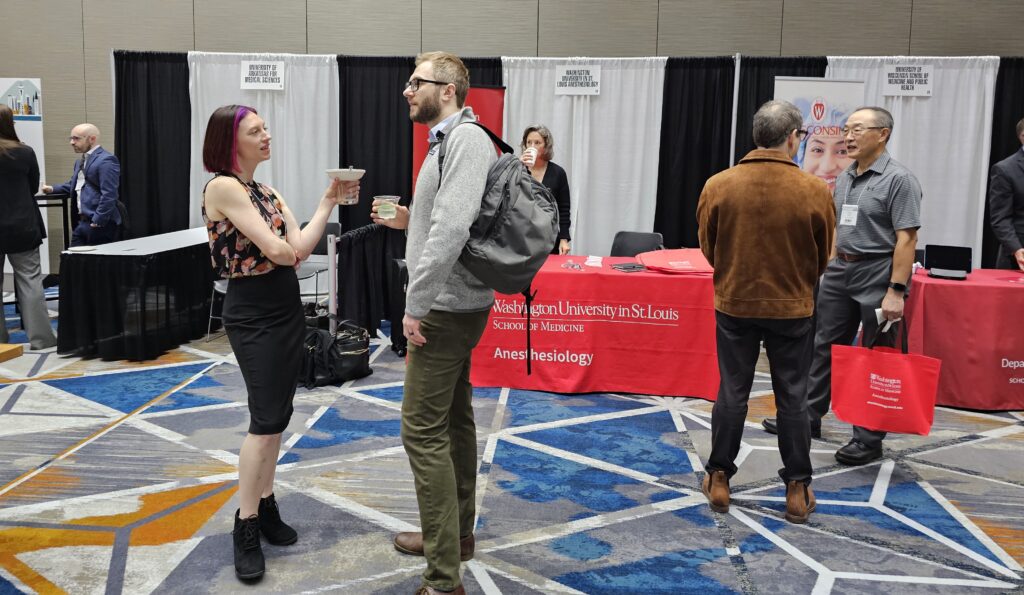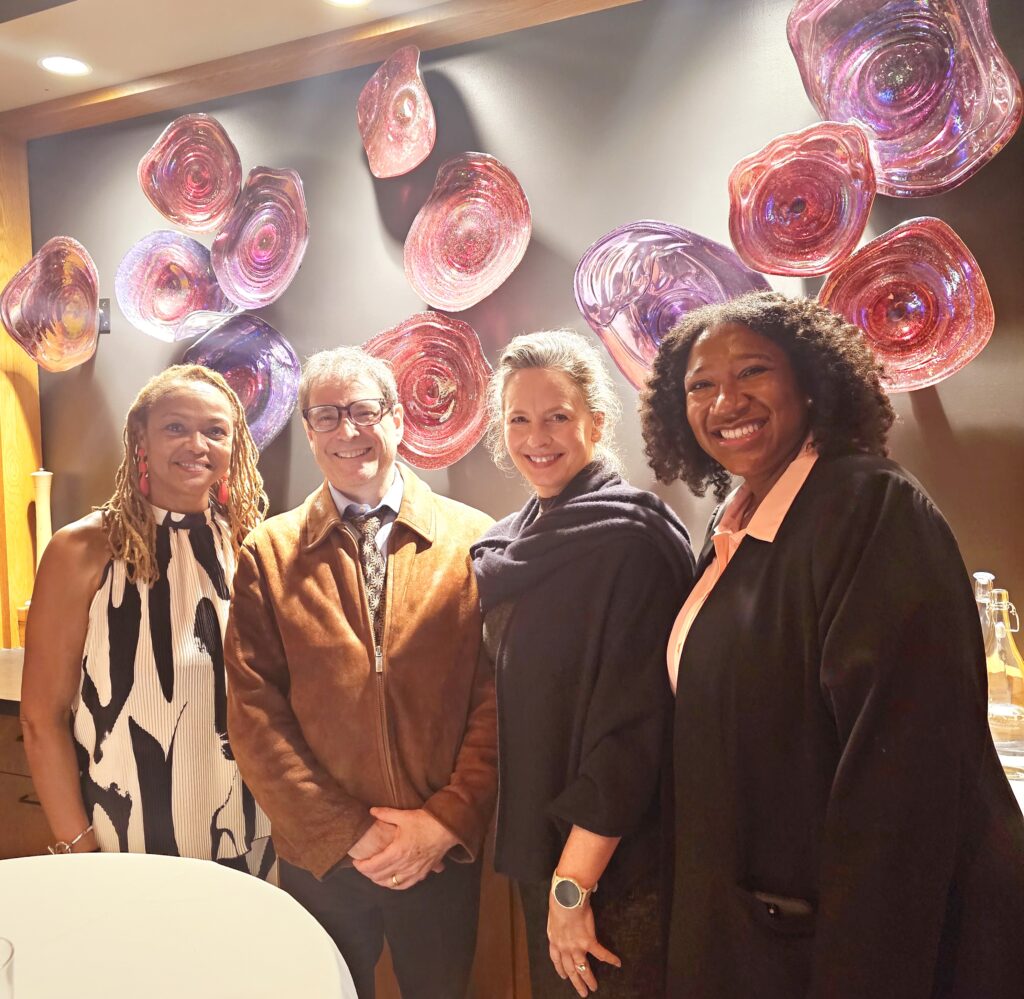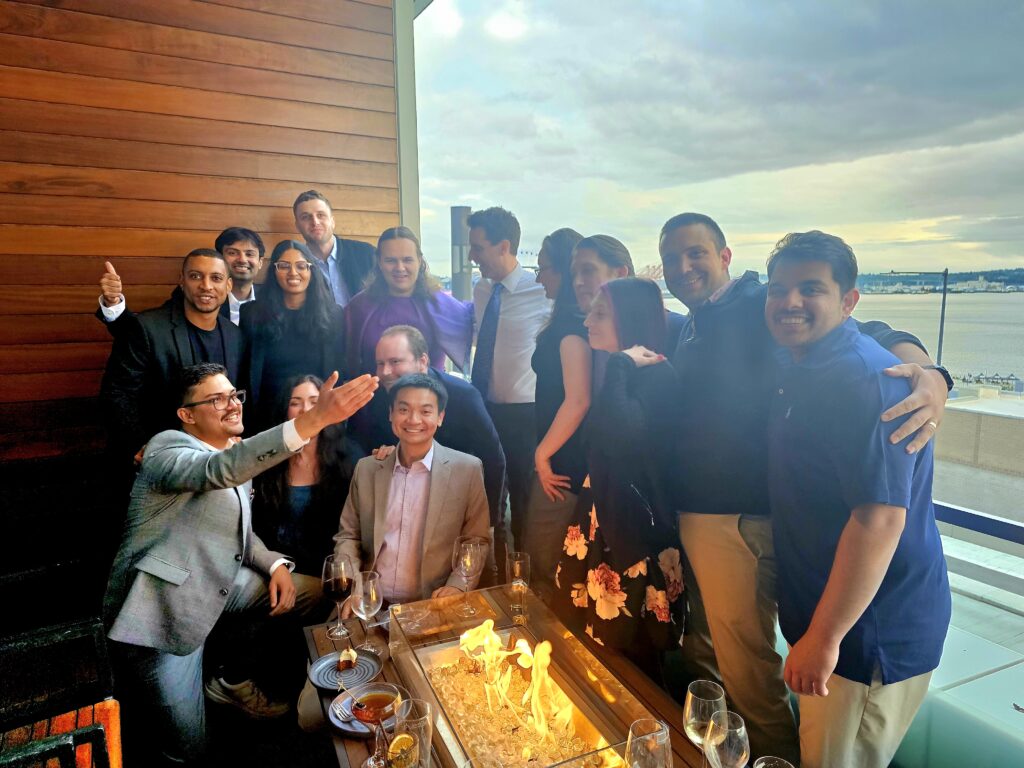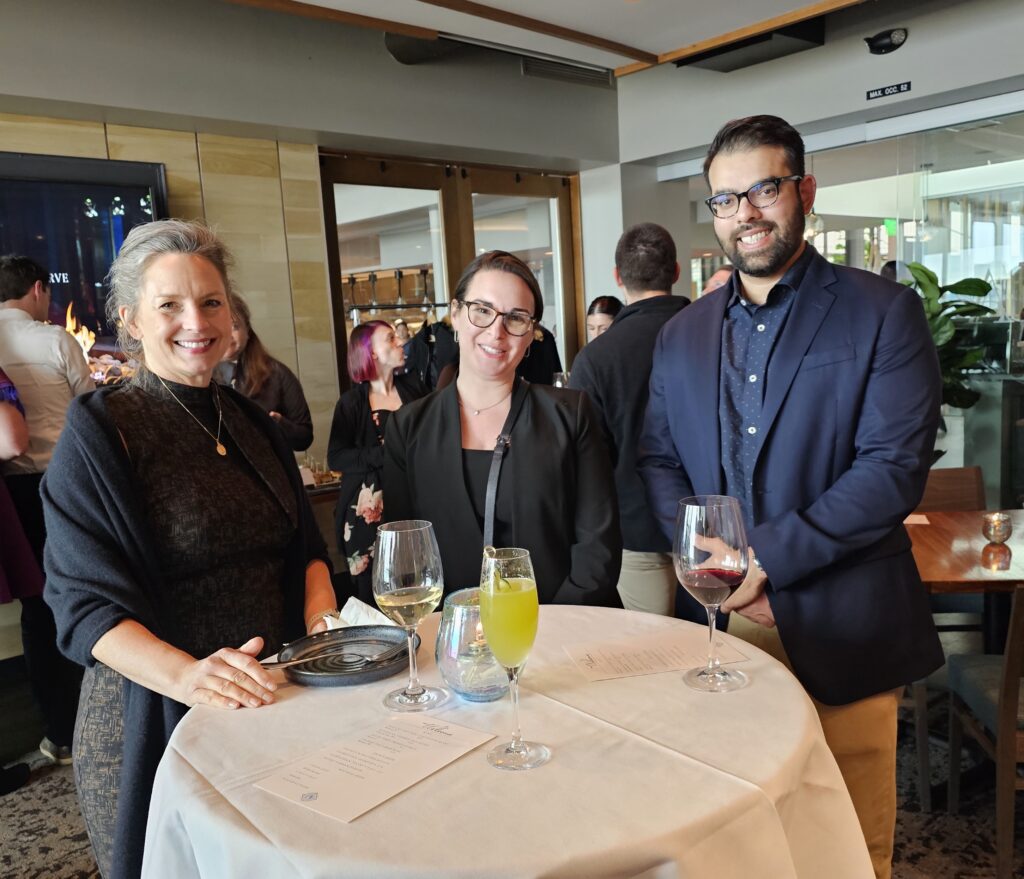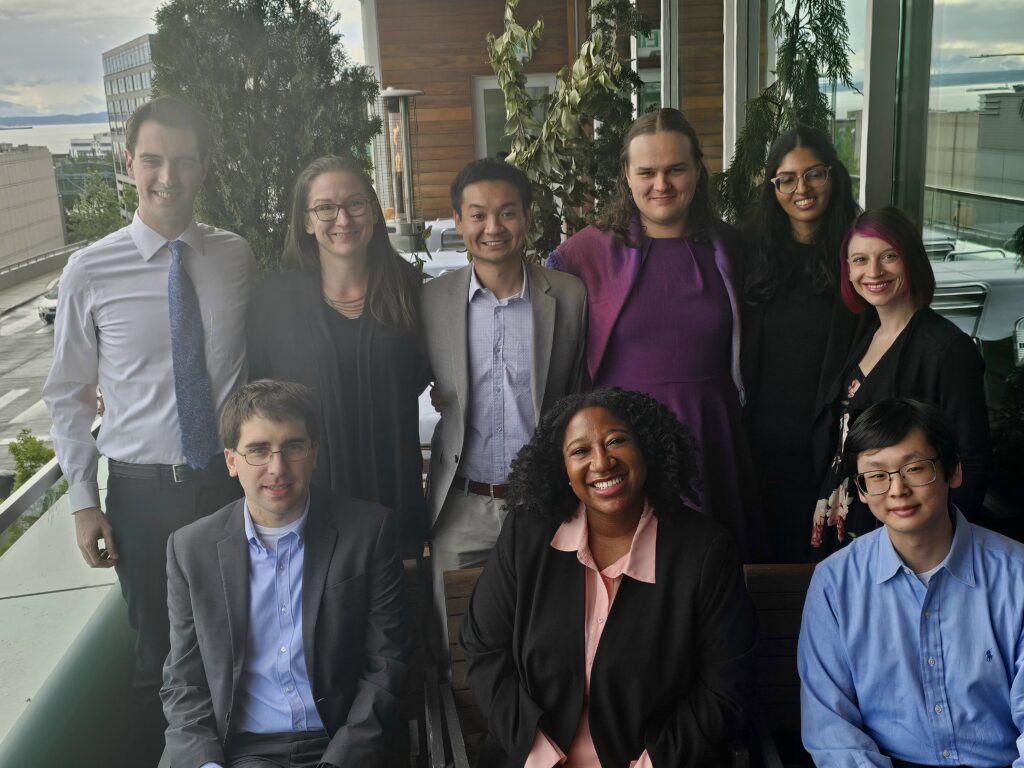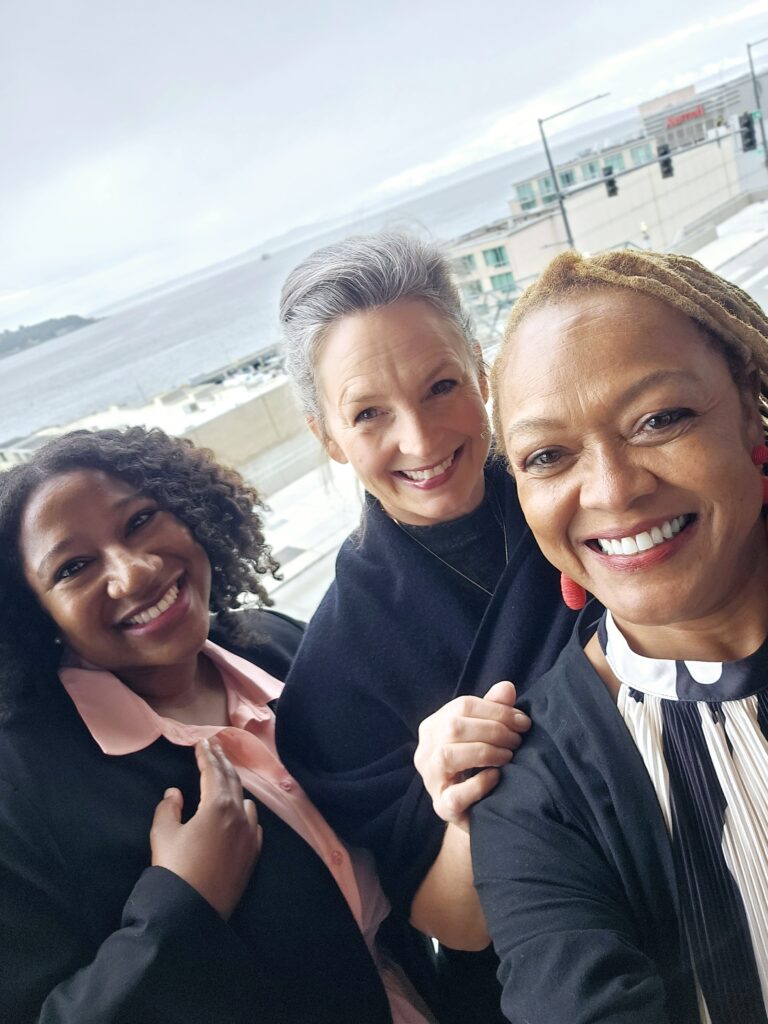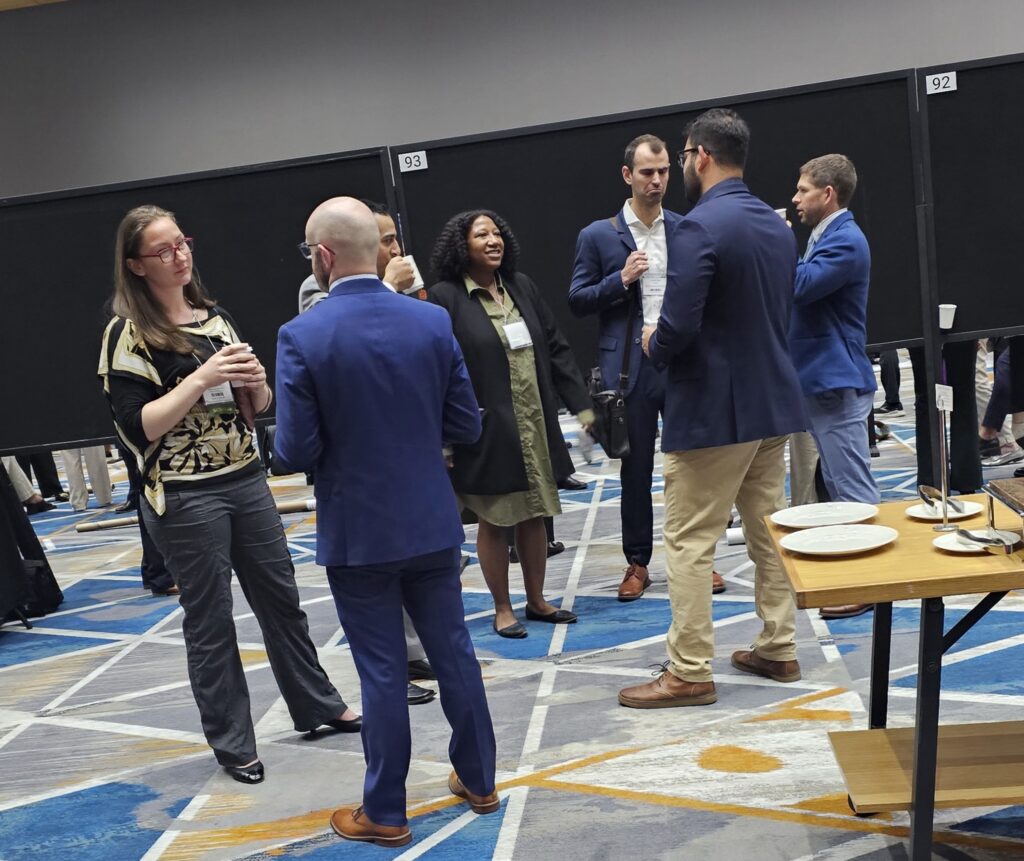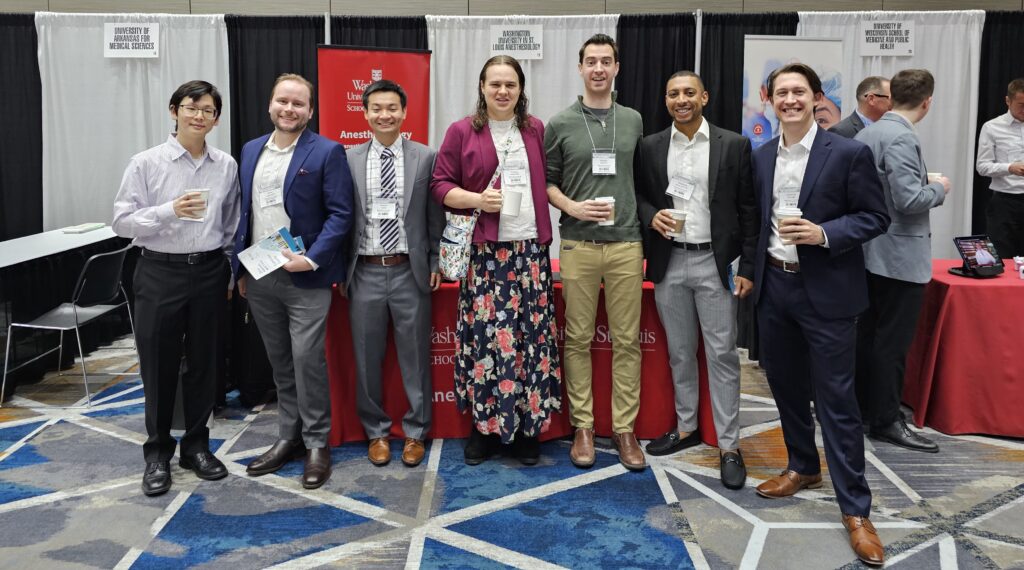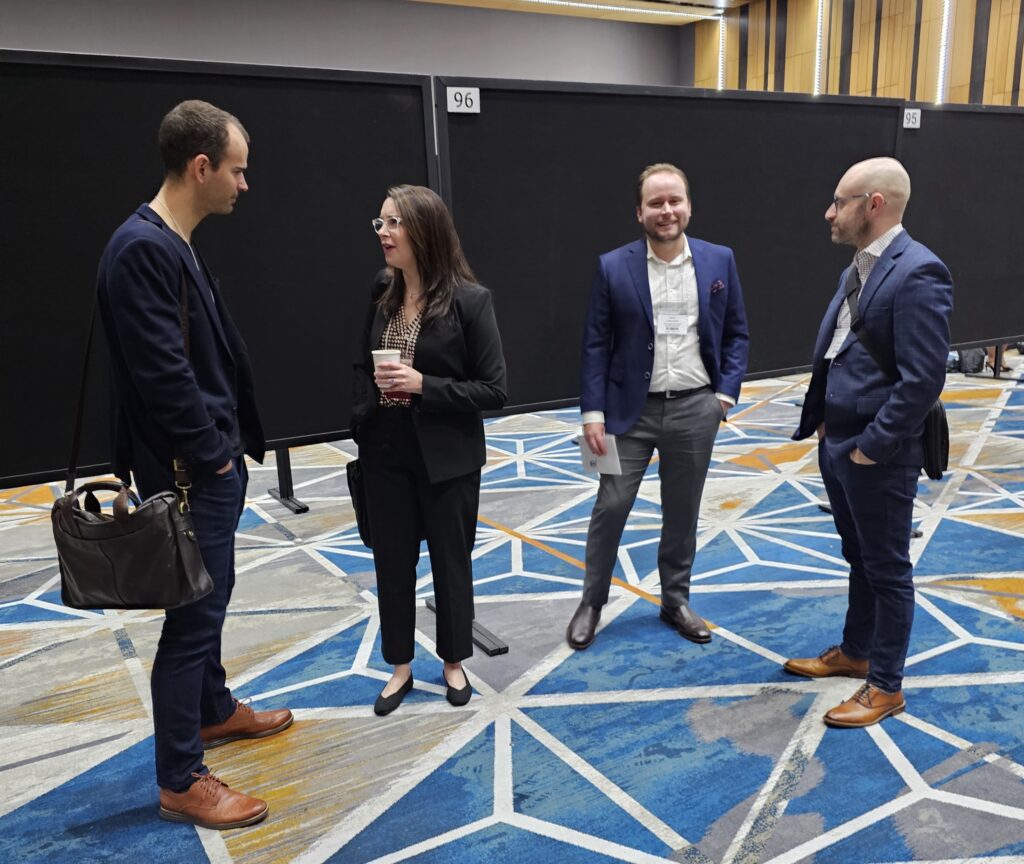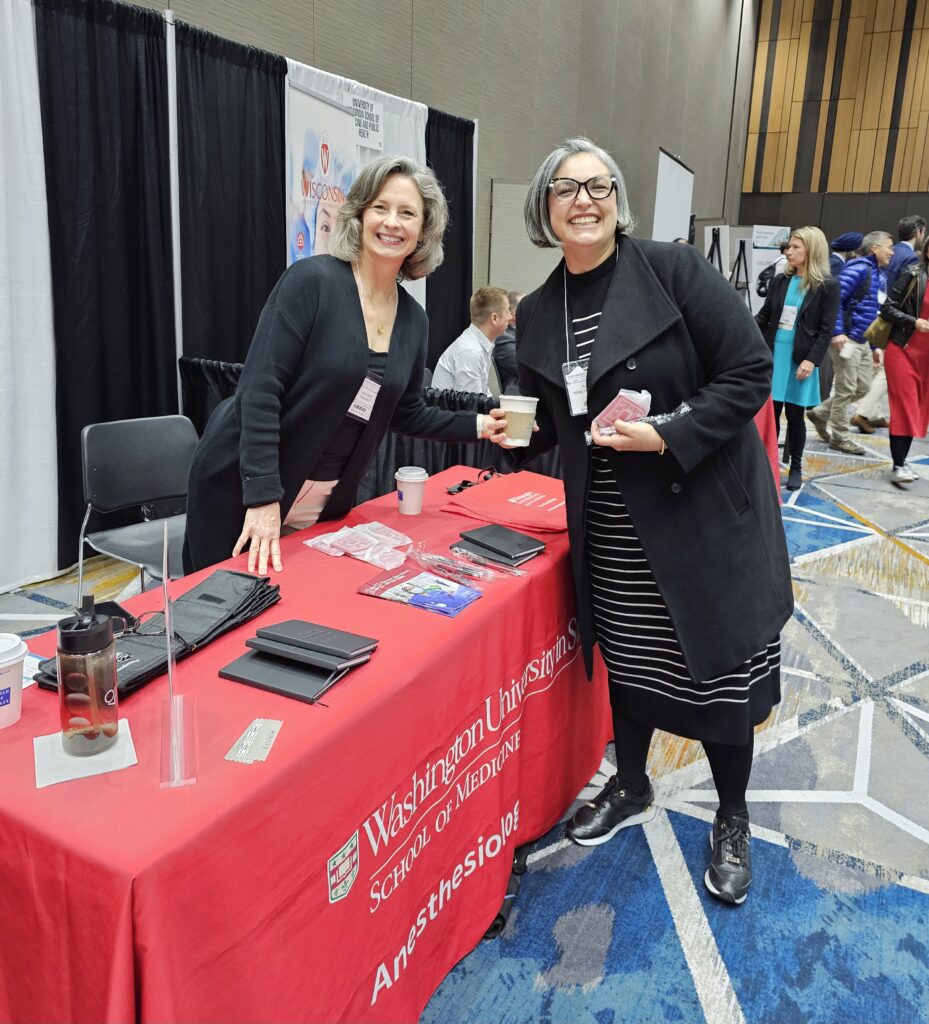Faculty, staff, and trainees from the Department of Anesthesiology at Washington University School of Medicine in St. Louis recently attended and participated in the 2024 International Anesthesia Research Society (IARS) Annual Meeting in Seattle, held from May 17-19. The event, which showcased the latest advancements in anesthesiology research, featured multiple presentations given by department members, highlighting their significant contributions to the field. Additionally, some sessions were moderated by members of our department.
Assistant Professor, Kendall Smith, MD, PhD, addressed the intricate relationship between circadian disruptions and health outcomes during the session “Circadian Rhythm Disruptions in Anesthesia and Critical Care Medicine: Timely Considerations and Implications for Patient Care.” Her presentation, “A Role for Circadian Rhythm Disruption in Postoperative Delirium,” examined how circadian function impacts health, particularly brain health, and its role in conditions like postoperative delirium. Smith’s innovative research employs a “time signature” method to estimate internal body clock time from gene expression, validated initially in older adults but demonstrating significant disruption in critically ill patients. Notably, her pilot study on cardiac surgery patients linked preoperative circadian disruptions to the severity of postoperative delirium.
Reflecting on her experience, Smith remarked, “It was so exciting to present my research at IARS this year. I am looking forward to expanding my research and exploring prehabilitation programs to mitigate these disruptions.”
Later in the annual meeting, Bradley Fritz, MD, MSCI, an assistant professor in the department, moderated a session titled, “Succeeding across the Tripartate Mission,” during the Scholars Program sponsored by Early-Stage Anesthesiology Scholars (eSAS). This specialized program, tailored for early-stage anesthesiology scholars, focused on honing skills, providing career and publishing advice, and facilitating networking opportunities. In this session, junior faculty discussed strategies for balancing the threefold mission of patient care, education, and research, emphasizing the importance of building educational alliances with residents and learners, assembling effective teams to conduct academic projects, and integrating clinical leadership opportunities with other academic goals.
Residency Program Director, Allison Mitchell, MD, moderated the interactive group discussion “RADAR: A Journey in Health Equity Research Networking Breakfast.” This session focused on the current state of promoting health equity in research, addressing the barriers, successes, and approaches encountered by researchers across disciplines.
Furthermore, Sunny Lou, MD, PhD, an instructor in the department, was recognized as a Kosaka Top Clinical Research Award Finalist for her research on surgical transfusion risk prediction. Her study, “External Validation of a Publicly Available Surgical Transfusion Risk Prediction Model: A Multi-Center Perioperative Outcomes Group Study,” presented during the Kosaka Finalist Presentations session, focused on developing a personalized surgical transfusion risk prediction tool during the COVID-19 pandemic to address the acute shortage of blood products. Recognizing that the existing maximum surgical blood ordering schedule (MSBOS) did not consider patient-specific factors, Lou created a tool that better predicts transfusion needs based on both the planned procedure and individual patient risks. Funded by a 2021 IARS Mentored Research Award (IMRA), she validated this tool in 46 hospitals with the Multicenter Perioperative Outcomes Group.
Lou expressed her aspirations, stating, “My goal is to develop a widely useful clinical decision support tool to optimize presurgical blood orders and improve patient safety. I hope to continue to raise awareness and encourage the use of her model in the anesthesiology community.”
On the second night of the conference, colleagues, friends, and alumni were invited to a department reception. This elegant gathering allowed attendees to connect and unwind after a day filled with enlightening sessions at the IARS Annual Meeting. Amidst the camaraderie and engaging atmosphere, colleagues had the opportunity to forge new connections, strengthen existing ones, and engage in meaningful conversations outside the confines of the lecture halls.
The 2024 IARS Annual Meeting was an enriching experience, fostering collaboration and innovation among anesthesiology researchers. The event not only highlighted the exceptional work being done in the field but also provided a platform for meaningful dialogue and future collaborations. To learn more about the 2024 Annual Meeting and the research presented, visit the IARS website.

